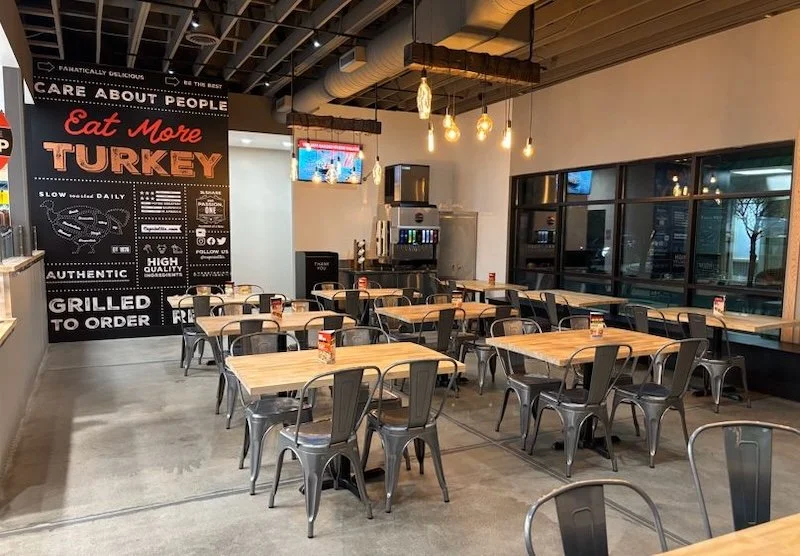Medications for sale: why telemedicine is changing how we buy prescriptions
As of the end of 2020, telemedicine has had its greatest year yet, even if it is due to unfortunate events.
Due to the emergence of a worldwide pandemic that forced people to maintain distance as much as possible, converging with a telemedicine boom on the cusp of gaining momentum, telemedicine platforms have now gotten the push they needed to truly bloom in the medical realm.
For patients, this may mean that instead of heading into an office visit and then swinging by the pharmacy to purchase medications, they may have a virtual visit with a doctor and complete the purchase of any required medications directly through the same platform.
Below, we will cover just what has emerged with telemedicine for the patient, and how telemedicine trends and advances may change how people are diagnosed, treated, managed, and subsequently buy their medications.
Technological advances make secure doctor-to-patient conversations possible
Doctor’s visits can be delicate and private moments meant to be heard only by your medical professionals, while maintaining the highest levels of security and abiding by privacy laws such as HIPAA.
Previously, the most secure way to abide by all required privacy laws was to have discreet conversations in closed rooms at an office or clinic.
However, with the development of new technologies, making a private conversation platform that follows all required rules of patient privacy is not only possible, but easy to set up even for small practices.
With certain telemedicine platforms, the visit may seem even more comfortable and private, given that the patient can access the video chat immediately from the comfort of their own home, without that lengthy interim in a waiting room, check-in procedures, or commutes to a local office where one might run into a friend or acquaintance.
The pandemic highlighted the importance of social distancing from those that are ill
Another benefit of integrating more and more telemedicine visits is that conditions that can be safely managed from home, help keep waiting rooms and offices free of extraneous people.
Of course, in-person visits or emergency care will still be required for acute situations, even for those who may be exhibiting a potentially contagious condition.
But, for instance, by treating someone with a rash via a video chat, you may be helping to keep that person from venturing into a waiting room with others that may have potentially contagious conditions, thus helping to reduce the exposure and transmission of various germs and viruses.
On the other hand, some telemedicine platforms are geared to helping to triage those who may be dealing with a spreadable condition, as in the case of Covid-19, where some platforms were able to evaluate signs and symptoms, and if and when the patient needed personal care -- helped them navigate to the facility which was best suited to treat them.
Additionally, by safely handling appropriate medical conditions via telemedicine, this helps to open up and increase the number of patients which healthcare facilities can attend to, helping to maintain sometimes sparse levels or providers, physical space, and personal protective equipment.
Many conditions can be handled via secure online platforms with no loss to quality of care
As it turns out, there are many doctor’s visits that are able to be appropriately handled via a telemedicine platform with no reduction in quality of care.
And sometimes, some might argue, with added quality due to the additional time which can be devoted to the visit itself when all the trappings of an in-person visit are stripped away.
If a medical visit is meant to be a quick follow-up, a conversational visit, dealing with mental health, teaching how to use personal medical devices like blood pressure meters, or discussing appropriate medication dosing or lifestyle changes, these can often be safely and effectively completed on telemedicine platforms.
However, there is only so much which can be observed with a remote visit, and acute situations, or conditions that require urgent in-office tests, or physical hands-on examinations will still be left to in-person visits.
Time and cost savings for both patient and provider
With telemedicine visits, the cost and time saving for both the patient and the facilities are often significant.
By helping to save on staffing and facility expenses, while being able to optimise doctor’s time and increase the number of patients that can be attended to, telemedicine can be a helpful addition to many medical offices.
For the patient, telemedicine can mean money saved in terms of lost wages from taking time off work, no commute to a doctor’s office, and less need to find alternative care for children or elderly which they may be looking after.
Additionally, many telemedicine platforms waive the fee for the visit itself and may only change for any medications required, making out of pocket expenses more affordable.
Discreet medication shipments allow patients to skip a trip to the pharmacy
In addition to the ease of having the doctor’s visit virtually, many platforms will handle the next steps of working with a pharmacy to get any required medications to you as well.
This is an added bonus of time savings and convenience for the patient, making the virtual visit itself the only required “stop” in your day for treatment.
Convenience is a priority for many patients and may increase adherence to treatments
For nearly every treatment and a variety of conditions, patient adherence is constantly an issue.
It is known that the easier medication regimens and recommended doctor’s visits are, the more likely patients will abide by the suggestions, schedules, and instructions from their providers.
Telemedicine takes some of the hassle away from visit and medication adherence, making visits simpler and more convenient, while sometimes even adding in a scheduled medication delivery to avoid lock of adherence from not having the medication on hand.
24-hour support from well structured telemedicine teams
Another facet of a well-rounded patient care experience is the availability for the patient to communicate with a staff member or provider to discuss questions, concerns, side effects, or changing symptoms.
Telemedicine platforms are uniquely structured to easily comply with the growing availability needs of patients, with customer support via online or phone means woven seamlessly into most systems.










Continue reading…